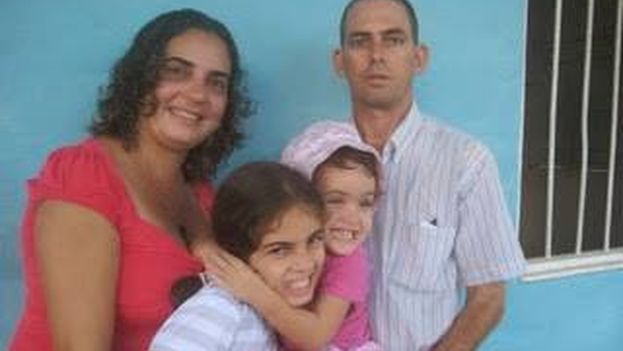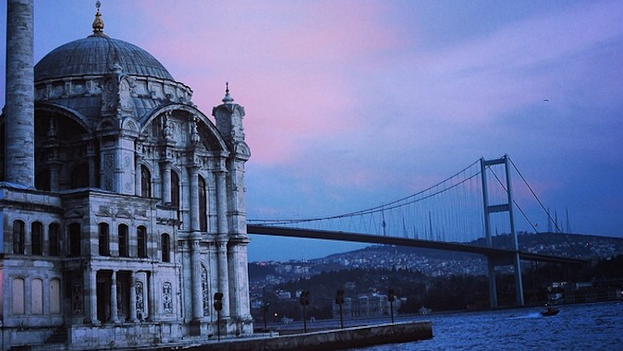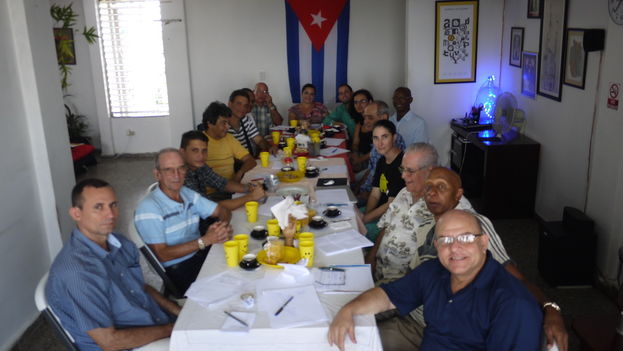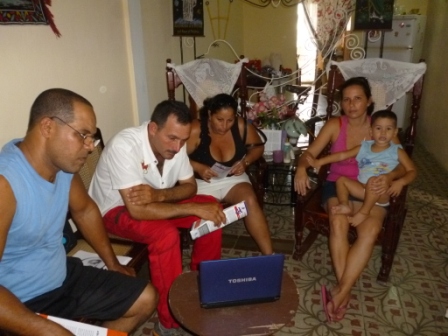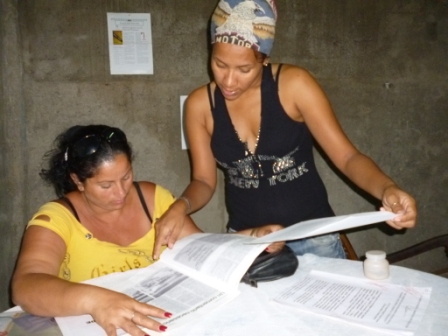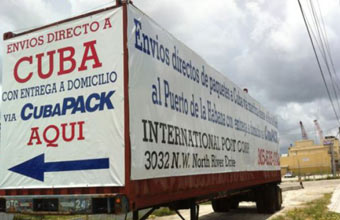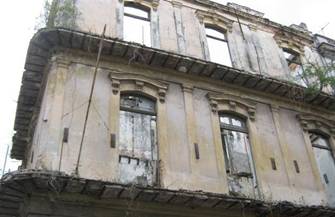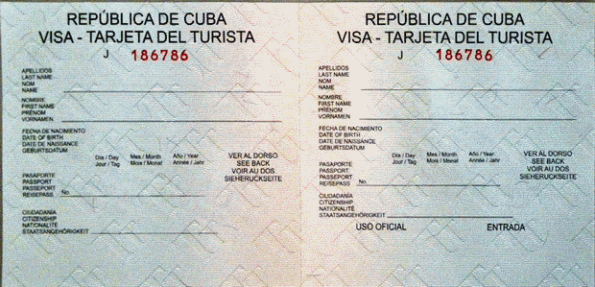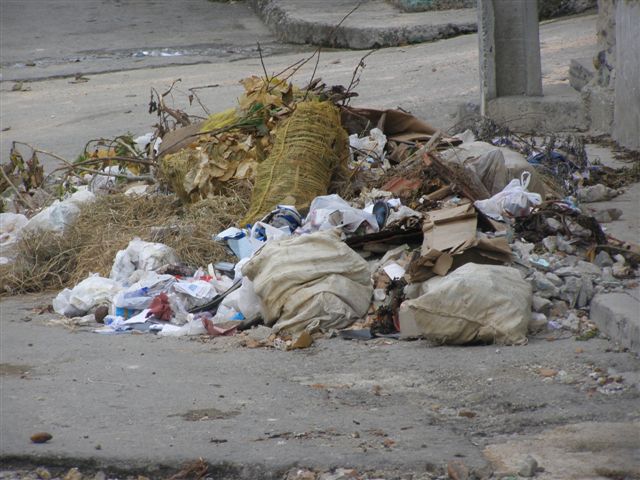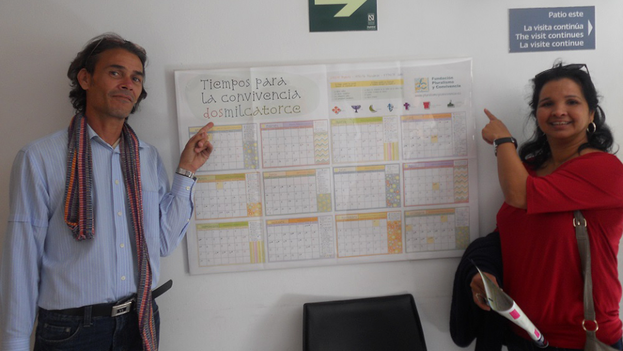How can you deem it a campaign against “Cuba” that family, friends and colleagues of Oswaldo Payá and Harold Cepero demand that these deaths are clarified, deaths that even the Cuban regime has not been able to explain?
The Cuban regime repeatedly blames its problems on “lags of the past” and on the former “bourgeois regime.”
Dear Euro-Deputy, Mr. Pablo Iglesias:
I have had the chance to read—living in a democratic country where both you and I can (yes, we can) say whatever we please—some statements of yours through which you defend the Cuban regime.
In 2002 and 2003, more than 25,000 Cubans signed a citizens lawsuit—legally and constitutionally sound, according to Cuban Law, and known as the “Varela Project”—in which they demanded the basic rights and liberties enjoyed by citizens in democratic countries.
Specifically, the demands of the Varela Project are as follow: freedom of association, freedom of enterprise (for the citizens), amnesty for prisoners of conscience, and the call for a referendum to pass a fair and just electoral law, given that, at present, there can only be one candidate per position, and one who is logically endorsed by the regime. continue reading
Many of the undersigned and promoters of this project encountered retaliation and were fired from their jobs and teaching positions. 42 of these promoters were imprisoned and subjected to exile in 2010. This repression was the trigger to the well-known Cuban Spring (“Primavera cubana”).
Their demands continue to be ignored in Cuba. The slightest dissidence against the regime is severely punished. Dissidents continue to be oppressed, their neighbors forced to participate in the so-called Acts of Repudiation or Pogroms, which often end in physical violence. Even people who await permits to work abroad are forced to participate in these repugnant acts to prove their loyalty to the regime.
It is not possible to form associations, it is not possible to publish anything that is not in agreement with the regime, and, least of all, to organize a political party.
The regime, in a more successorial than transitory eagerness, engages itself, today, in bogus economic reforms (which Oswaldo Payá used to call CAMBIO-FRAUDE, or FRAUDULENT-CHANGE) to perpetuate privileges by those known as Cuban economic-military junta, who attempt to switch from the wildest of Communisms to the wildest of Capitalisms, where the poor will be poorer (yes, there are poor people in Cuba; so poor, that they don’t even have the right to say they are poor), and the rich (the members of the Cuban Communist Party (CCP)) will continue to be the only rich.
It is shameless, as shameless as the rebelling pigs in Animal Farm, to move away from what were their mottoes (suffice to remember the emphasis that Fidel would place on the word Capitalism; today, one of his children exhibits his wins on golf, that Capitalist-par-excellence sport according to Castro) and to become allies of any foreign interest that seeks to invest, looking for easy opportunities by enlisting an enslaved work force—there are no free syndicates in Cuba—whose salary is paid for by the State, which, in turn, retains most of it.
To top it off, Cubans cannot shop, with their own currency, in the vast majority of stores (where, only with a bit of luck they may be able to acquire some basic product) because the regime uses an absurd currency duality via the so-called CUC (Cuban Convertible Peso), whose value is set arbitrarily; suffice to give the example of an SUV vehicle, which will cost 66,000 euros while the median salary in Cuba is equivalent to 20 euros per month.
Needless to say, these poor attempts of opening of the economy are also off-limits for anyone perceived as a dissident, and there are several small-business owners who, in their utter fear of losing their scanty properties, reject any kind of opposition to the regime, hence becoming part of the repressive machine.
Long-gone is also the notion of Cuba as a Medical and Health Superpower that the regime so proudly hoisted; today, Cuba is a more-than Third World country where diseases such as cholera—eradicated since colonial times—have reappeared, thanks to the inefficacy of a regime only efficient, nowadays, in repression. For the benefit of the leading caste, the regime exports thousands of health professionals (while retaining most of their salaries), leaving several regions of the island deprived of professional assistance and resources in health services, in sheer contrast with health facilities that cater exclusively to foreigners which enjoy the benefits and resources of First World nations.
Education in Cuba is nothing more than a doctrine and control-producing process since the earliest of childhood. I remember how we were forced to shout “We will be like Ché!” and many of us wondered why on Earth would they want any of us to become assassins. The process of selection of regime followers becomes more and more severe as the schooling level increases (college is for revolutionaries, as they say), with many study topics being forbidden if they are perceived to lead to disloyalty to the regime.
Anyone can claim this is part of the nation’s past, but repression continues to expand, and the question is how can the same people who created this mess back in 1959, and continue to be in power, can solve the problem? Again, they repeatedly blame their problems on “lags of the past” and on the former “bourgeois regime”. Well then, they are now the past and the new bourgeoisie.
The comparison with other disadvantaged world zones stems from a false argument. One only needs to review the official indexes put forward by the UN regarding human development in Cuba in 1958, which were, in fact, superior to those in Spain itself at the time. It must become clear, however, that dictatorship in Cuba did not begin in 1959, but in 1952, which explains why so many Cubans fought in that revolution that was immediately betrayed by those who continue to be in power today.
The trite insistence of calling the USA the foreign enemy is no longer credible. Today, it is precisely the USA that is Cuba’s main commercial partner in food and other products. The embargo is not the problem nor is it the solution. The rest of the world has no embargo against Cuba, and yet Cuba cannot engage freely in commercial exchanges with anybody else. The real embargo is the embargo of freedom to which the people are subjected by the regime itself.
The MCL does not seek revenge, nor does hatred nor ill-feeling move us. We work for the reconciliation of a country in which all Cubans, from within or from abroad, can live, because we are one nation; for a country where all political options are welcomed (I remind you that even leftists in Cuba are repressed) and where what has positively served us can be preserved; where no foreign intervention exists; where thousands of Cubans never again have to serve as fodder in post-colonial wars in Africa; where, within the diversity of ideas and initiatives, mistrust is no longer; where those who think differently are not referred to as “gusanos” (worms). And so on.
In other words, for a country where we can enjoy democracy (even if an imperfect one) just like the one we enjoy here. This is about democracy versus dictatorship, not an ideological matter.
It is not the intention of this letter to provoke controversy, but to clarify certain issues for you, as you seem to be rather ill-informed about them.
I remember some years ago, during a televised debate with your friend Juan Carlos Monedero, some of these (and other) topics were tackled, and just like I said then, the real proof that democracy will have arrived in Cuba will be the day when we Cubans are able to debate freely in Cuban television.
To finish, dear Mr. Iglesias, I must add that there’s an article of yours in which you claim that the Christian Liberation Movement is “campaigning against Cuba”.
In first place, it seems you are confusing Cuba with the Cuban dictatorship. Cuba is much more than that and the majority of Cubans do not want it.
Secondly, how can you deem it a campaign against “Cuba” that family, friends and colleagues of Oswaldo Payá and Harold Cepero demand that these deaths are clarified, deaths that even the Cuban regime has not been able to explain? (see http://www.oswaldopaya.org/es/2013/12/15/una-secuencia-incoherente/).
On the other hand, you resort to a macabre exercise (due to its analysis and its origin: you place yourself in the place of the supposed executioner) when you allege that “had they been intended murders, the regime would have also eliminated their witnesses”. It is a dangerous exercise to use the reasoning of the executioner, and tyrannies have no presumption of innocence.
Like Oswaldo Payá said, in his acceptance speech for his 2002 Sakharov Human Rights Award from the European Parliament, where you now serve, “Dictatorships do not belong to the left nor to the right. They are only dictatorships.”
Last year, the European Union’s parliament voted to include an amendment, in its report of human rights, requesting an independent investigation on the death of Oswaldo Payá.
This year, we will once again petition support towards that investigation.
In the event that petition was indeed taken to the voting table, what would your vote be?
Sincerely, and wishing you the best in your exercise as Euro-Deputy,
Carlos Payá Sardiñas
Representative, Christian Liberation Movement, Spain
Translated by: T
29 June 2014


